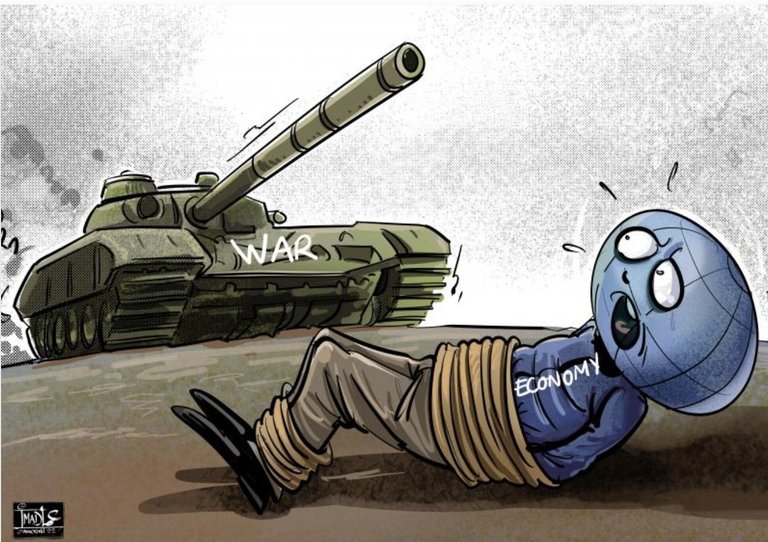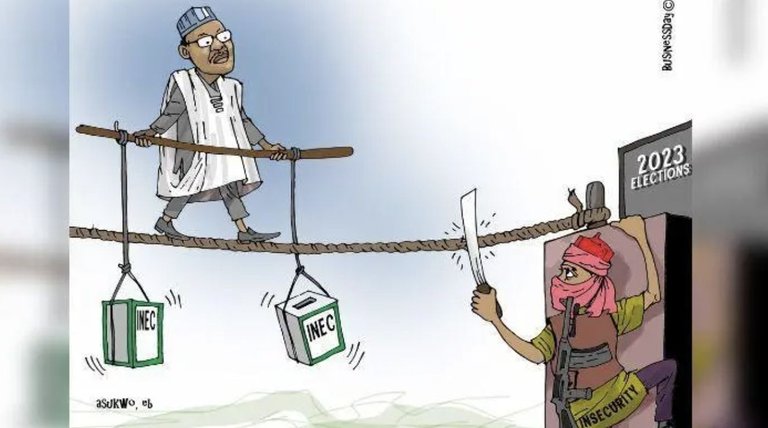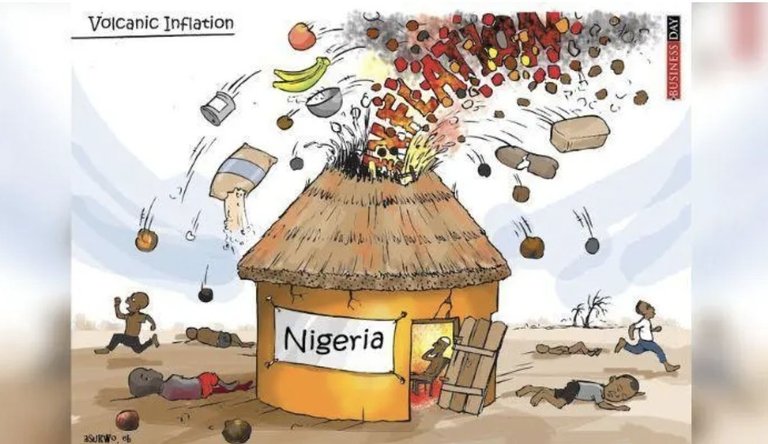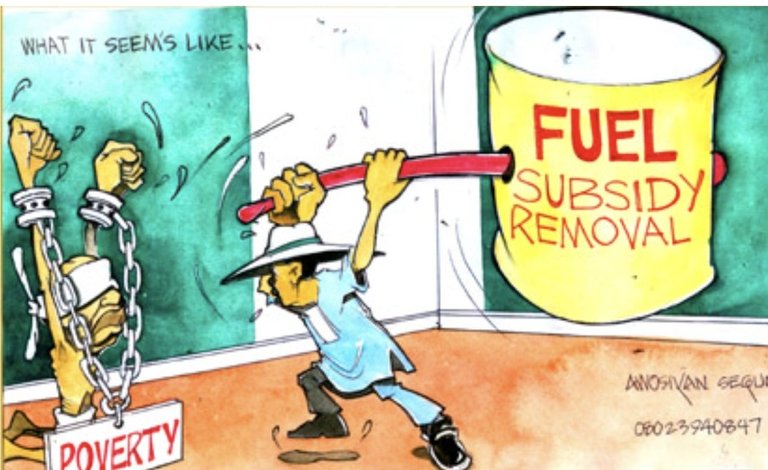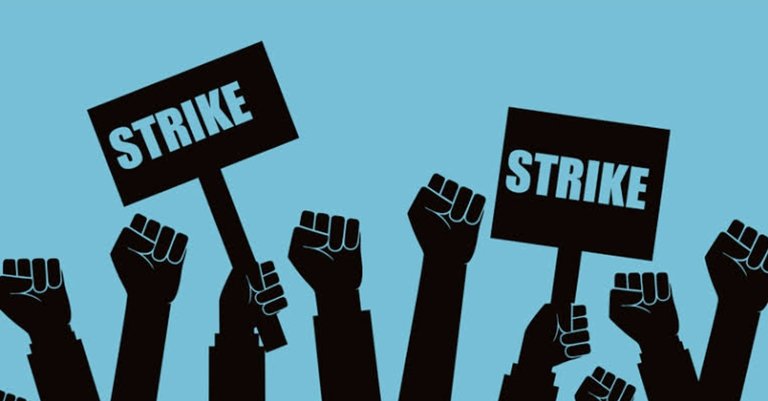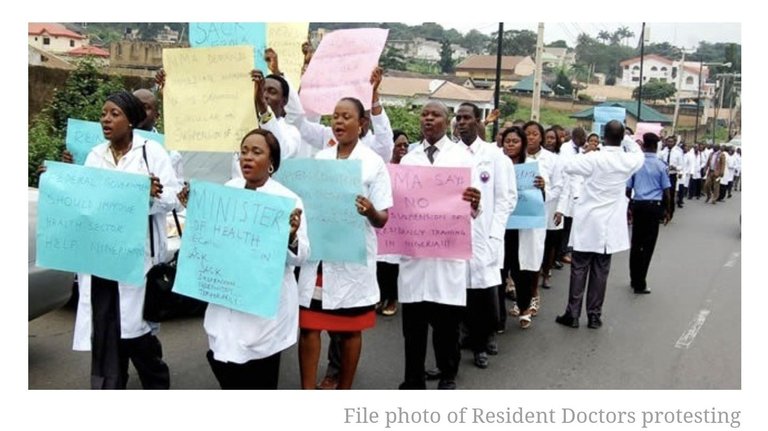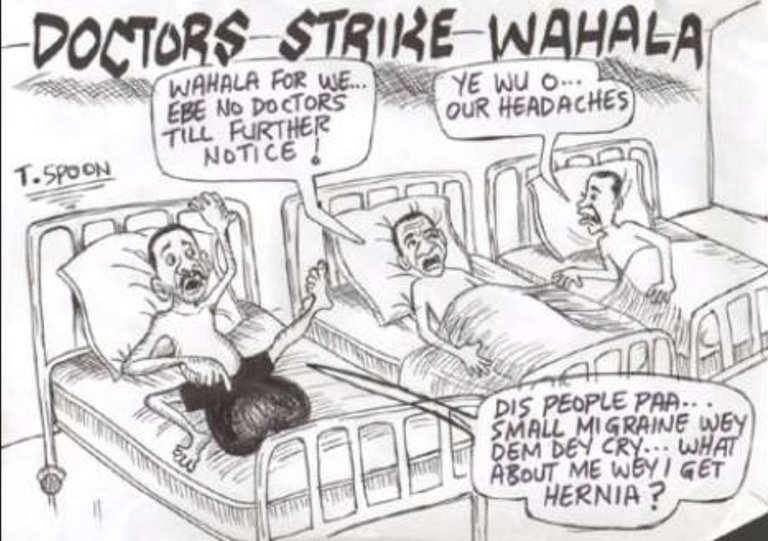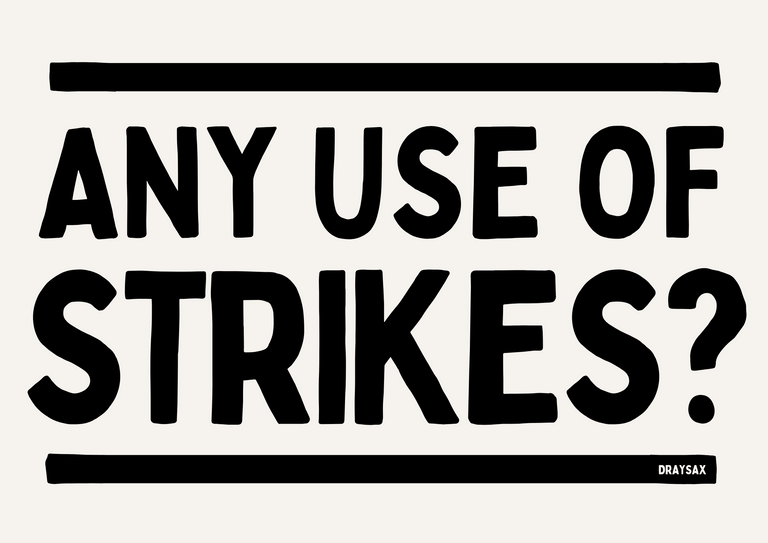
It's not an uncommon thing to have industrial actions in today's world, especially among the 9-5 working class citizens.
We're in an extended period of global inflation made worse by international "economic wars".
Everyone is taking measures to protect their own.
And the average working class man is also feeling it. There's is an increasing disparity in income to match inflation especially in developing countries.
One of such, is my country Nigeria. We go on strikes as if it were a routine thing. From the grassroot levels to the top tier professionals, everyone has a tendency to go on strike.
Recently, governments changed hands during the Presidential elections that took place earlier this year in Nigeria.
The whole election period was riddled with uncertainties, political rifts and sentiments.
Nevertheless, power remained with the same party that has been unable to make the country a better place than it met it 8 years ago.
In fact, Nigeria is at its worst state ever.
The purchasing power of the people are at the barest minimum, excluding the rich and those who earn in foreign currencies.
The average man who earns in naira cannot afford a quarter of what he used to afford anymore within just a few months of the new government assuming office.
Should we start with the hike in fuel prices or the general inflation plaguing the food industry.
Crude oil is our main source of foreign exchange revenue. Once prices in fuel rise, every other thing rises.
From N184 per litre to over N600 per litre,a more than 3x increase in fuel pump price automatically translates to everything in Nigeria.
Food, housing, transport, electricity (funny enough), basic amenities all experience the same over 3x increase in prices too.
The usual response is for employers, including the government to shield the purchasing power of people to keep the country running, either by increasing salaries or ameliorating some goods a d services.
Unfortunately, the opposite is the case. In fact, people are even being owed salaries and it only takes a strike action for the government to even listen.
Why do we always have to resolve to strike actions to get the governments to listen?
Can't we talk and get problem solving replies?
Must we down tools to get a good response?
These days it's even becoming more difficult to get the government to listen even with strike actions.
It feels like the government does not care any more.
Recently, resident doctors went on strike demanding a number of unkept promises and agreements from the governments. For a country whose health indices are one of the worst on a global scale, shouldn't the health sector get some good attention?
It took 2 weeks for the government to make another promise that a few of their demands would be attended to.
In that period, thousands of people have been denied care. People have died, including health workers.
For those who suffered from these insensitive poses by the governments, would we say the country killed them?
What do we then resort to if strike actions are no longer as effective anymore?
Who do the people call on? How do they make ends meet?
It's sad, that this is the case in many countries, including developed ones.
What exactly then is the government's function for its citizens?
I rest my case here.

All picture sources as indicated
Header designed by me on Canva
